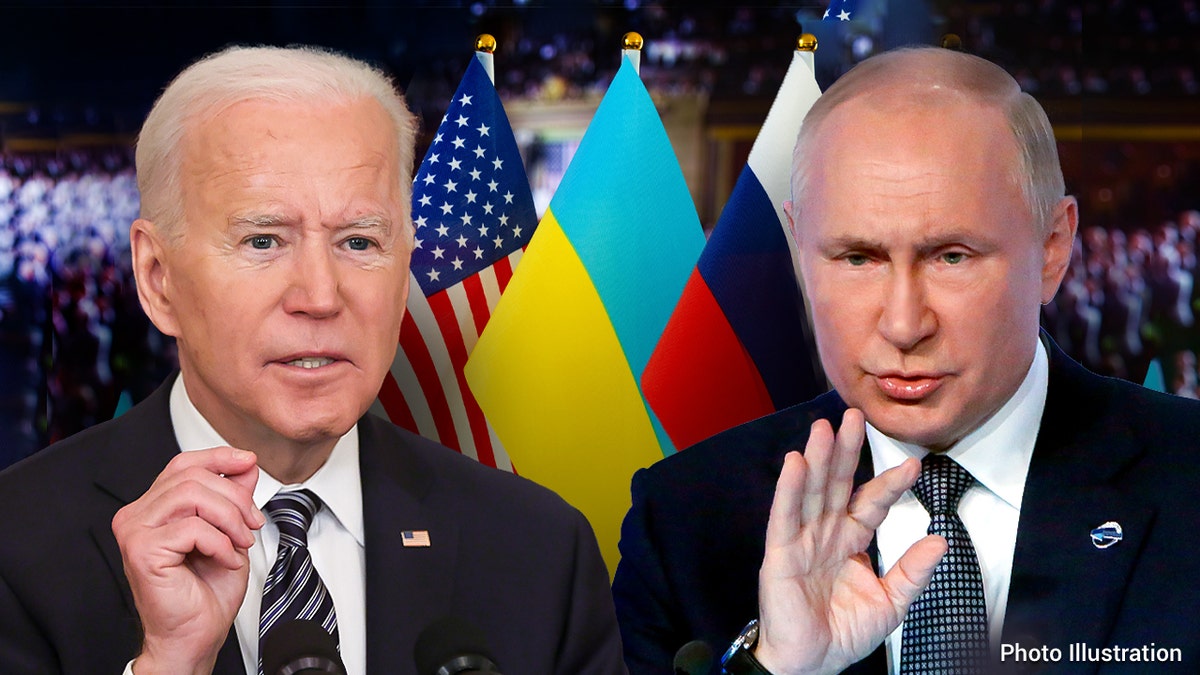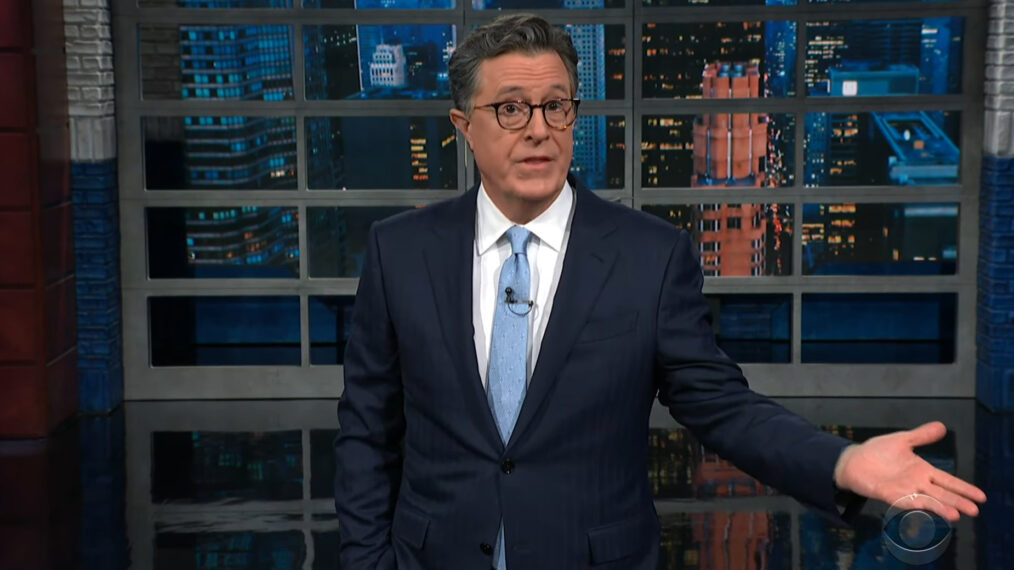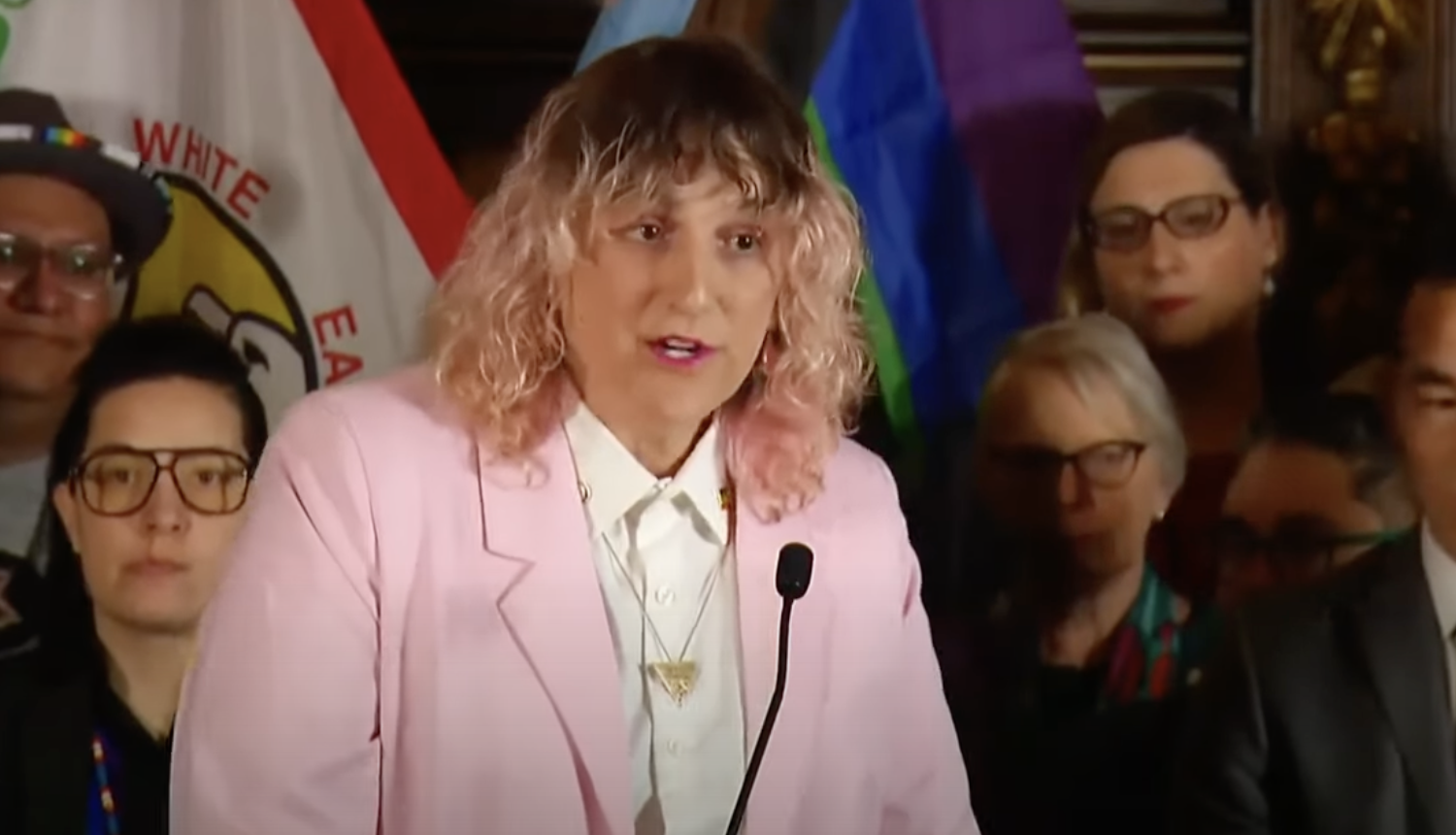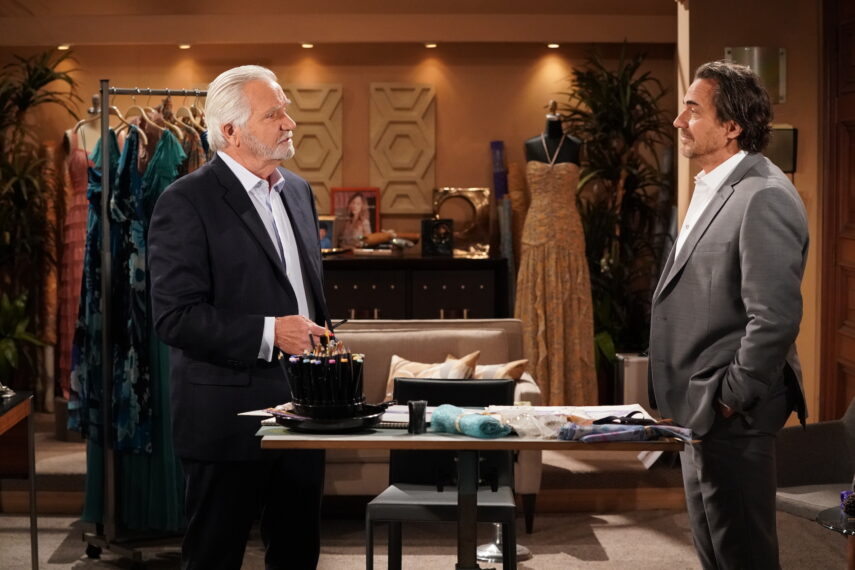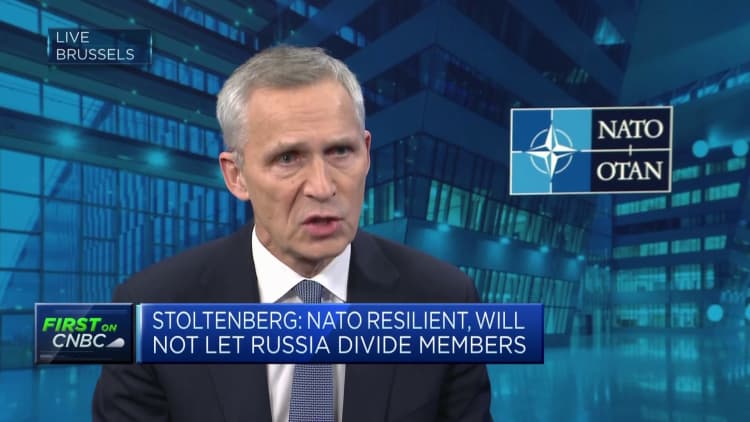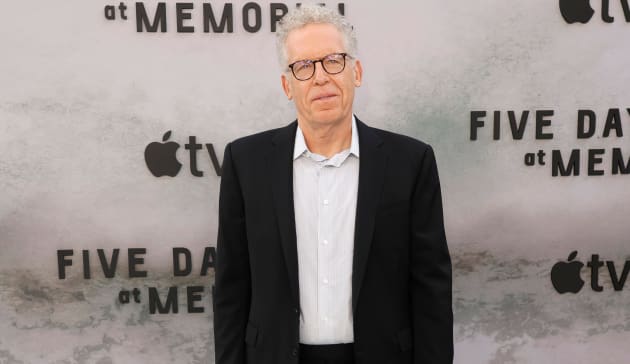As the nonfiction space continues to weather larger difficulties in the entertainment and journalism industries, a global nonprofit focused on helping documentarians connect is expanding its reach with some help from the Knight Foundation.
With an investment from Knight Foundation, Video Consortium will partner with local newsrooms to help build out and strengthen their video strategy. They will bring in talent and help train local video journalists.
“We’ll be working with them, wherever they are, to make sure that the stories that they’re telling are authentic and reflect the communities they work in,” says Sky Dylan-Robbins, founder and executive director of Video Consortium.
Dylan-Robbins, herself a journalist and filmmaker having previously worked at NBC News and The New Yorker, started Video Consortium nearly a decade ago, offering clarity on issues from finding funding to finding distribution, all of which can be difficult to navigate, even for mid-career filmmakers.
“Our biggest mission is to democratize the industry,” says Dylan-Robbins. “It’s to make sure that people can pull back the curtain on how you can actually get your stories out in the world.”
Video Consortium has long offered resources like workshops, mentorship programs and a job board. Going Varsity in Mariachi, which premiered at Sundance in 2023, is a product of Video Consortium’s efforts, with the film’s co-directors meeting through the organization.
Now, Video Consortium is offering initiatives that more directly help filmmakers create works that benefit not only their own careers but local communities. It recently launched its Solution Storytelling Project, an initiative that sees filmmakers trained and then paired with a local nonprofit to create short documentaries about the organizations’ work. Most recently, the program worked with filmmakers and nonprofits in Africa. And, says Dylan-Robbins, “by the end of the program, [participants] had a really great piece of work to add to their repertoire, the organization’s got this great piece of media, and we were able to sell a bunch of them, too.”
Many of the filmmakers ended up with their first international bylines, in publications like Scientific American, and market rate compensation for their work. This year, the Solution Storytelling Project will be heading to Latin America.
The world of nonfiction and documentary filmmaking has been hit by crises in both entertainment and journalism. The entertainment industry, which in the late 2010s saw a doc boom thanks to streaming, is currently dealing with economic headwinds and large scale layoffs that are making production and distribution for nonfiction projects difficult. As for journalism, where video has become an important part of publications’ reporting efforts, mass layoffs, budget cuts and the complete shuttering of newsrooms have left fewer and fewer places available for filmmakers to place their work.
“While the existing models are cracking and falling down, there are a lot of questions and a lot of people trying to talk to each other to figure out what we can do differently,” says Dylan-Robbins. Video Consortium is looking to help fill in some of those cracks.
The nonprofit is running a new initiative through Press Forward, a national campaign to reinvigorate local news, that is meant to connect filmmakers with local newsrooms, a space that has been hit hard. According to a recent report from the Local News Initiative at Northwestern University, one-fifth of Americans live in a news desert.
Dylan-Robbins emphasizes that with the new initiative, Video Consortium hopes to provide newsrooms with the video journalism resources that they most want. Says Dylan-Robbins, “There’s this not wrong misconception of coastal media folks going into other places and saying, ‘This is how you do it.’ We are going to do the opposite of that. It’s about listening first and making sure people voice what they need.”


















































